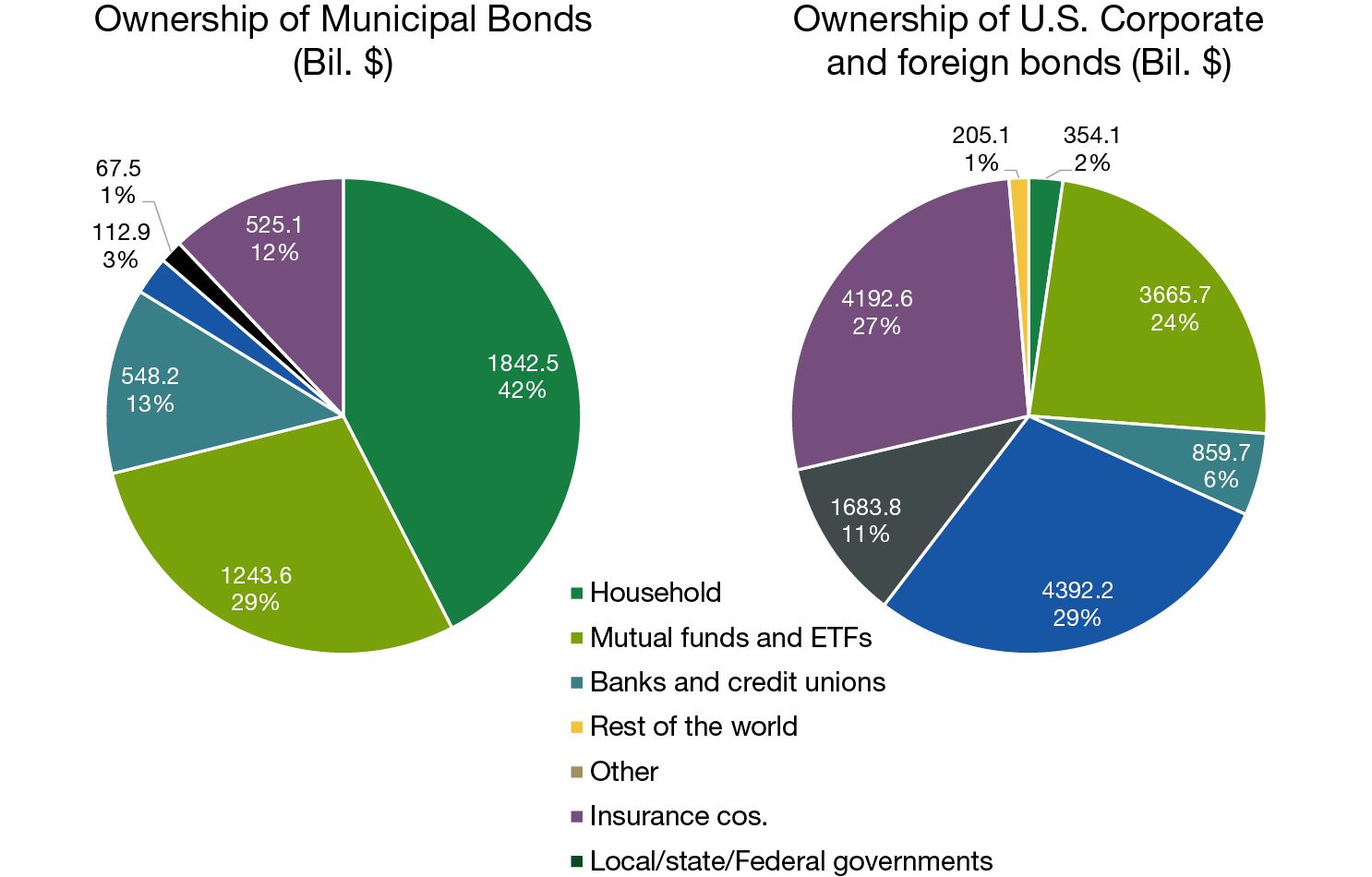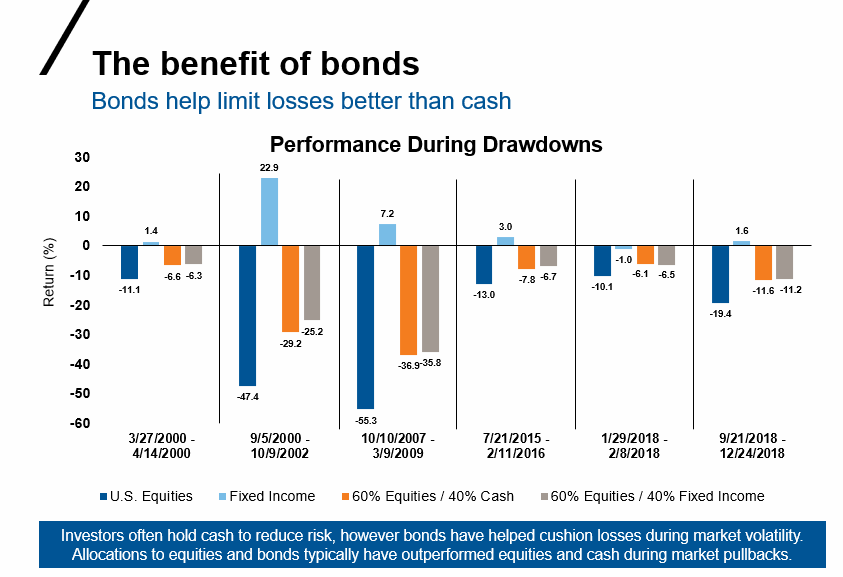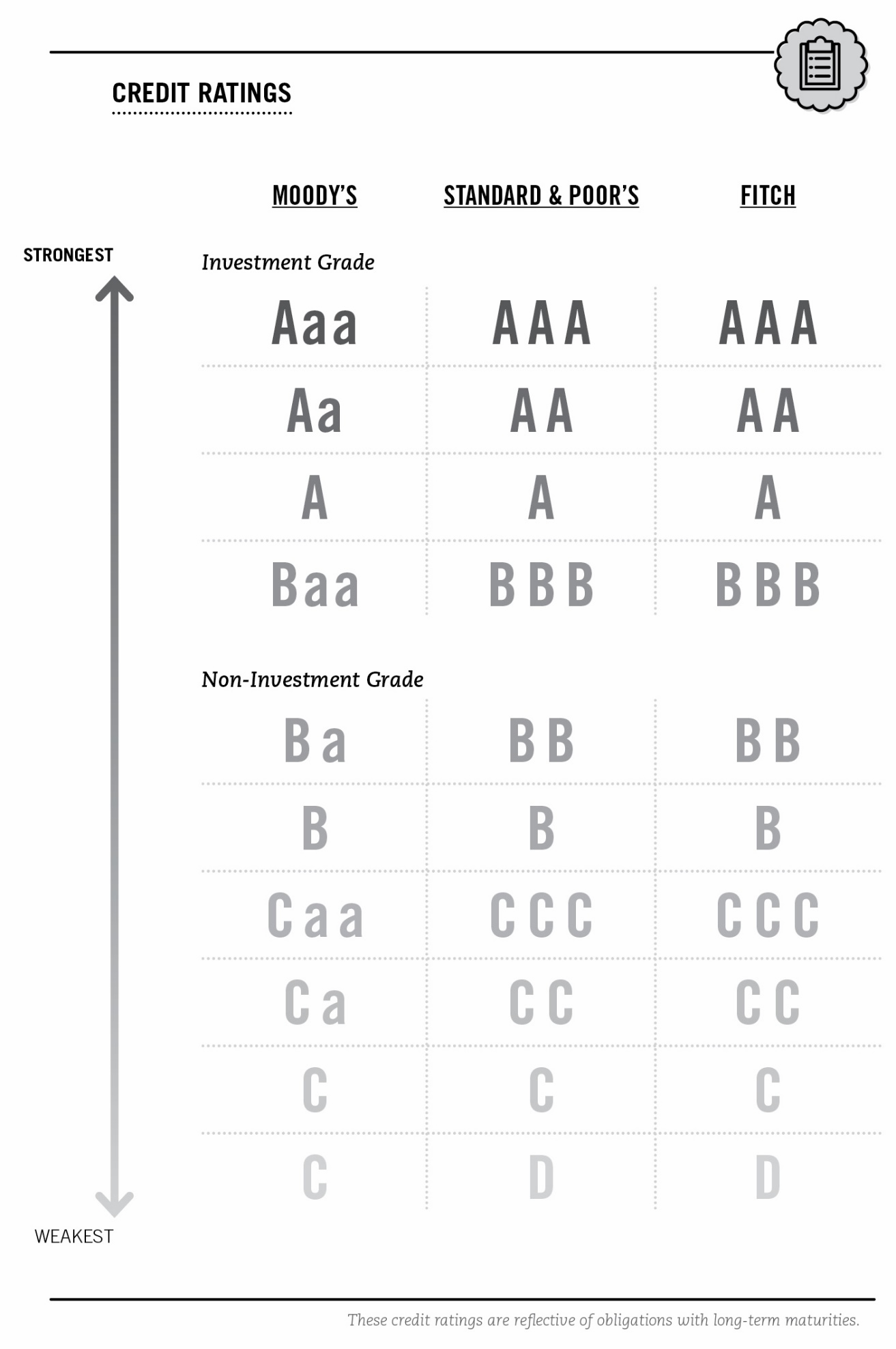Governments need money to fund their obligations, such as maintaining safe roadways for citizens. They raise this money in part by selling securities.
Municipal bonds, or “Munis.” The advantage for you? Assuming you hold the bond until maturity, you don’t have to pay federal taxes on the interest or state and local taxes if you live in the locality where the bond was issued.
This is how they work: you buy one or more securities from the government, usually a municipality or state. The government rewards you by paying interest on the amount of your purchase.
You might invest $100 and receive $103 back at the end of a term when the bond matures, for example, though some bonds make interest payments every six months.
There are some exceptions: a “de minimis” tax can apply if you purchased the bond(s) at a discount of more than 0.25%.
interest and gains derived from the discounted amount are taxed, and they are taxed as regular income,
not at the long-term capital gains rates, no matter how long you hold the bonds.
And don’t assume that a bond isn’t taxable just because it’s a Muni. Double check,
because some are subject to either income or capital gains tax, although they usually pay a higher interest rate to compensate for this.



